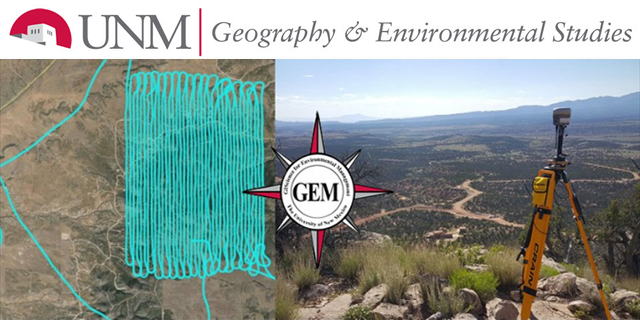
Geography ETDs
Publication Date
Summer 7-12-2024
Abstract
Critical geospatial data science (CGDS) offers principles for engaging with geospatial data, methods, and translation by pulling from critical epistemologies in geography. CGDS interrogates objective “truths” in science by actively engaging in critique of geospatial data and methodologies. Specifically, CGDS contends with the political context and motivations behind geospatial data science (GDS) while using GDS methods to understand how social-spatial arrangements manifest and are reinforced through data. CGDS explicitly aims to inform practices for criticality from within GDS and provides opportunities for multidisciplinary research that incorporates social theories, contextualizes geospatial data, and critically evaluates the effects and ethics of (under)representation of people through data. In three chapters, I articulate principles for researchers and data scientists to grapple with the biases and consequences of using geospatial data, to situate GDS within the broader history and context of critical geographies, and to clearly articulate biases and expectations when communicating through geospatial data.
Degree Name
Geography
Department Name
Geography
Level of Degree
Doctoral
First Committee Member (Chair)
Yan Lin
Second Committee Member
K. Maria D. Lane
Third Committee Member
Joseph H. Hoover
Fourth Committee Member
Christopher Brown
Document Type
Dissertation
Language
English
Keywords
critical geospatial data science, critical GIS, critical geography, geospatial data lifecycle
Recommended Citation
Beene, Daniel. "Critical geospatial data science: Principles for curating, analyzing, and sharing geospatial data." (2024). https://digitalrepository.unm.edu/geog_etds/78
Included in
Environmental Studies Commons, Geographic Information Sciences Commons, Human Geography Commons
